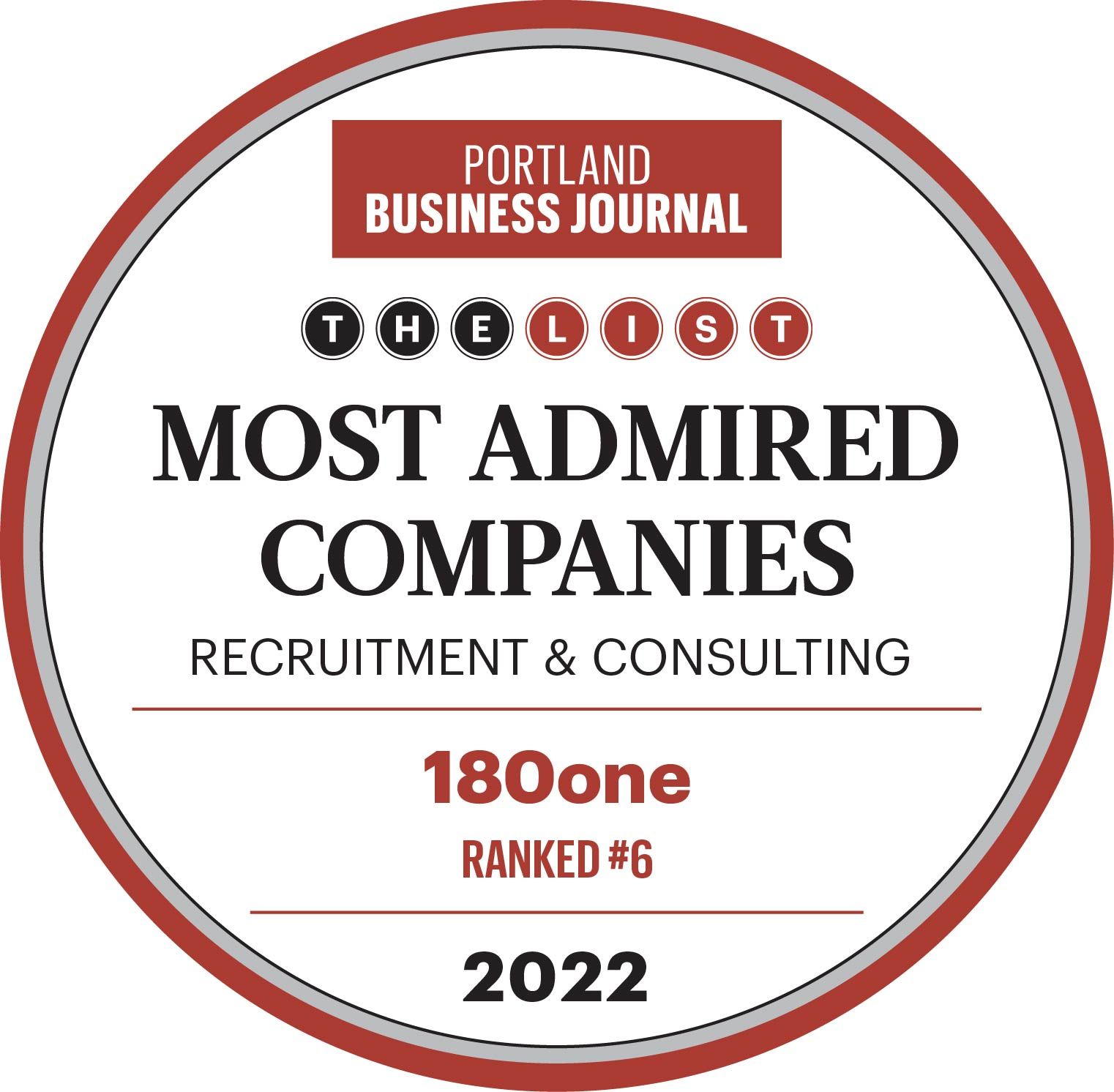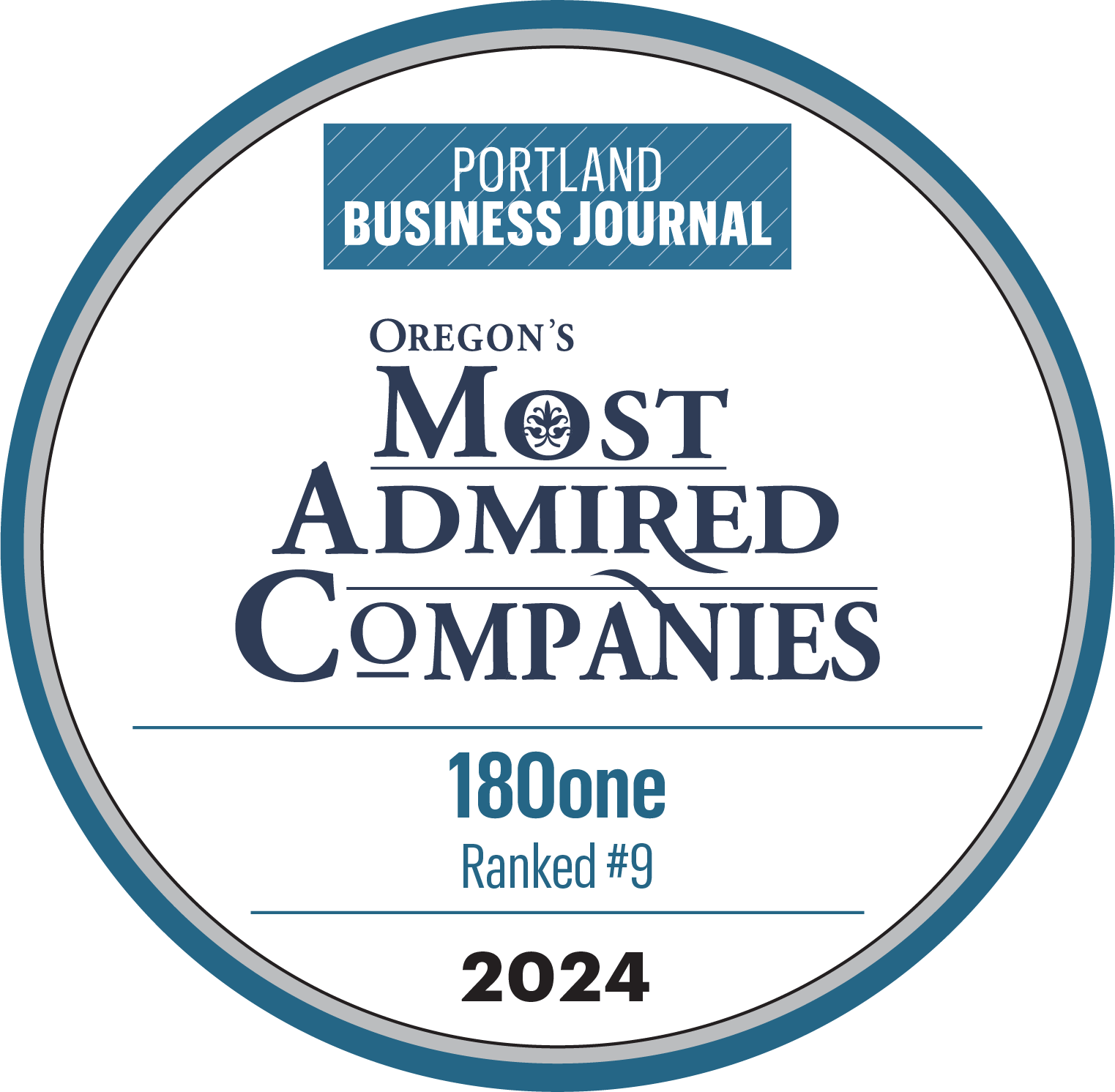The CFO Shortage - A look at CFO Labor Market Trends
Looking at Google data, we see that between August and October 2022 there has been a significant uptick in searches for the terms “CFO” and “chief financial officer”—50% and 22% respectively. But even though Googling CFO is the simplest way to see these trends, it’s not the only confirmation that there is increasing demand for CFO candidates.
That rising demand is for a particular kind of CFO. Let’s call it the modern CFO. Let’s look at the current landscape as it has evolved along with businesses over the last couple of decades.
From Accounting to Financial Analysis and Planning – How the CFO role Evolves
Consider your basic business that has a product or service to sell. There is an initial investment to create your product. Revenue begins to flow. The business has someone on staff who has the accounting skills to keep track of revenues, expenses, and pay the taxes. This person may be called the controller, or maybe even the CFO. Over time, as the company grows, it begins to invest its profits in order to increase the business’s capacity, enter new markets, or increase the customer base. Instead of just tracking revenue and expenses, the CFO value to the company begins to shift from recording historical data to focus on driving long term performance of the company and how best to leverage its resources to accomplish the intended results.
The individual who started out as the controller is now expected to provide some financial analysis on a variety of business issues. What is the company’s breakeven point? What are the margins per customer or product? To increase capacity, should we increase the labor pool, invest in new equipment, or outsource? What is our return on this investment? Should we finance our expanded capacity with operating cash flow, debt or raise through equity?
This is the point in the life of the business where the accounting and finance function begins to evolve from record keeping (historical) to helping the business make decisions with a financial approach (future-focused). In many instances, the individual in the controller role may not have the skills needed to provide this type of value.
Where Does the Modern CFO Exist?
Most large privately held or publicly traded companies have historically been a great training ground for modern CFOs. The accounting and finance functions not only ensure the accuracy of the financial statements, but they also work with other functional areas to help them manage financial results, as well as understanding the financial drivers of the business. This exists as these organizations require another level of financial sophistication in order to attract outside investors, board members, and maintain compliance as a public company. Most accounting and finance individuals who are trained in this world learn the best practices of their craft here.
What Does the Modern CFO Offer?
The modern CFO who drives business success is expected to bring the following to the table:
- Economic approach to decision making – This is different from an accounting approach. It includes thinking about where to acquire more capital, whether to make investments etc.
- Participation as an executive leader – While they might be officially in charge of the finance function, they now need to share their overall business acumen with the company to influence other decisions that are perhaps outside of their scope of responsibility. In many organizations, the CFO will even interact with customers in contract review/negotiation, but also for customer retention.
- Ability to provide business partnering – These internal partnerships reflect the leadership of the modern CFO. The CFO and their team, partners with manufacturing, sales, marketing, and others to help them understand the decisions they make from an economic perspective, and how analysis and projections inform the interdependent web among all of the functional areas within a company.
- Team management and development – The CFO’s team is on the front lines of business every day, having an impact on all functions. The CFO wants a team of financially savvy people who also have the emotional intelligence to help them partner and engage with other teams. The litmus test for a good financial team is whether they are being invited to meetings in other areas of the business, or if they have to invite themselves.
Supply and Demand – CFOs Who Drive Business Success to the Next Level
The demand for modern CFOs continues to increase based on a few critical drivers, while the supply isn’t keeping pace.
An increase in demand is being created by private equity firms acquiring companies who are for the first time accepting institutional investment. When this occurs, these companies typically need to adopt a new governance structure with a formal board, and since their new investors are financially astute – they normally desire the modern CFO to ensure both accurate financial reporting, and this modern CFO to help drive financial performance. A good portion of the companies that the PE firms acquire under this scenario don’t already have a modern CFO in the seat, resulting in the need to recruit an outsider.
In addition, medium sized family owned and/or founder led companies are increasingly adopting financial and governance best practices that were once only employed by public or PE backed companies. These shifts normally require a modern CFO which in turn is driving more demand for them.
Their pull on the dwindling supply affects the rise in demand and the subsequent shortage we are seeing. This article in the Association of Accountants and Financial Professionals in Business dives into the increased expectations for company CFOs.
The good news is that many financial officers currently working in high-stakes public companies want to take the skills they’ve learned over time and apply them in a business where the intense risk of projection-failure and the massive stress of issuing quarterly earnings won’t shorten their lifespans.
The bad news is that at this point that supply is dwindling and there are fewer truly experienced modern CFOs to meet the continually rising demand for their services.
CFO Recruiters – The Search for Your Next CFO
It is possible to recruit the modern CFO down from the heights to a company that wants to be more competitive, financially strategic, and continue to grow. Many CEOs are unsure of how to determine what CFO skills are needed in their company, let alone how to evaluate CFO candidates. If you have been searching for the CFO to move your business forward and are finding it tough to find the right person for the job, you are not alone. This is where an executive search firm with the right expertise can help a company not only align the company needs with the skills needed in the role, but also how to effectively run recruitment for this critical search.
This search is perhaps the most challenging there is, especially these days. Bringing in the expert on this will free you up to fill your countless other roles and focus on your endless list of important leadership tasks. Ending up with the right CFO will yield such growth that your search will have paid for itself in no time.
Check out our experience helping great companies hire modern financial leaders here!






